(ECNS) -- Department of Chemical Engineering and Hefei Institute for Public Safety Research of Tsinghua University have jointly synthesized a series of innovative asymmetric lithium salts, which enhance the performance and safety of lithium metal batteries under extreme conditions, according to the institute on Monday.
Lithium metal batteries, known for their high energy density, are regarded as excellent materials for next-generation battery technology. However, their stability under extreme conditions such as high voltage, rapid charging, and low temperatures needs improvement.
The newly synthesized lithium salts break the molecular symmetricity of sulfonamide anions, imparting unique oxidative properties to the battery.
This breakthrough creates a stable and highly efficient bilayer interphase between the electrodes and electrolyte, contributing to the stable cycling and superior energy and power densities under ultra-high rate and ultra-low temperature conditions, and thus opening a new frontier for the development of next-generation battery technologies.
Tests reveal that batteries using the innovative lithium salt achieve over 2,000 charge-discharge cycles at minus 20 degrees Celsius, with an outstanding retention rate of 85.7 percent. Even in extreme low-temperature environments, these batteries maintain exceptional energy output and performance.
This technology shows great promise for applications in extreme conditions such as earthquakes, snowstorms, and floods, where high-power, low-temperature-resistant power supplies can enhance emergency response capabilities and rescue efficiency.
The research result, titled "Breaking the molecular symmetricity of sulfonimide anions for high-performance lithium metal batteries under extreme cycling conditions,” was published in the international academic journal Nature Energy on Nov. 28.












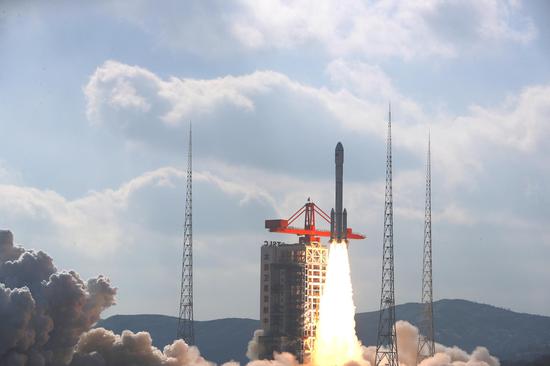



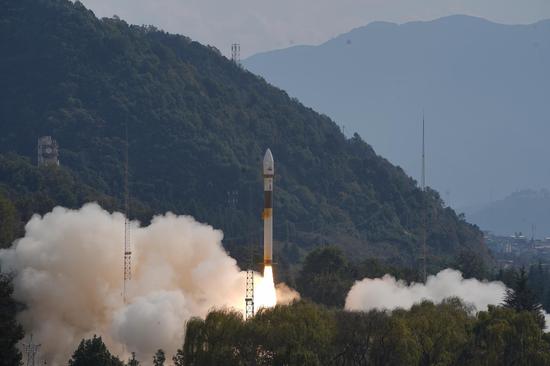




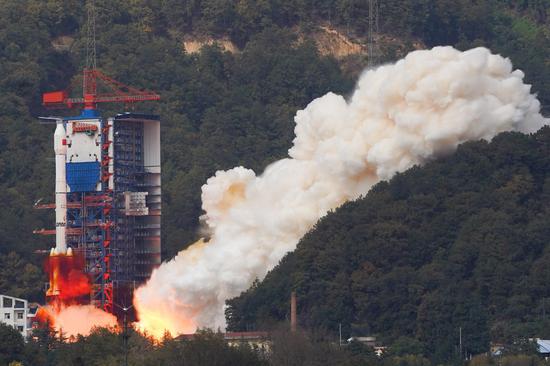


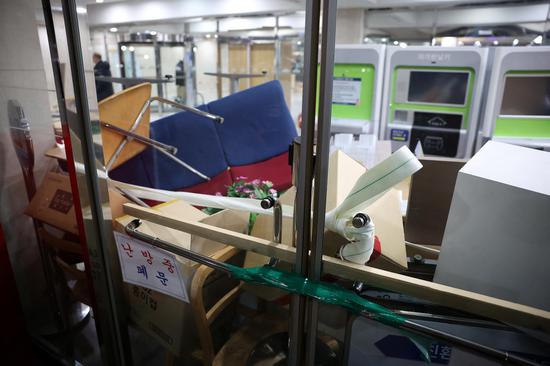








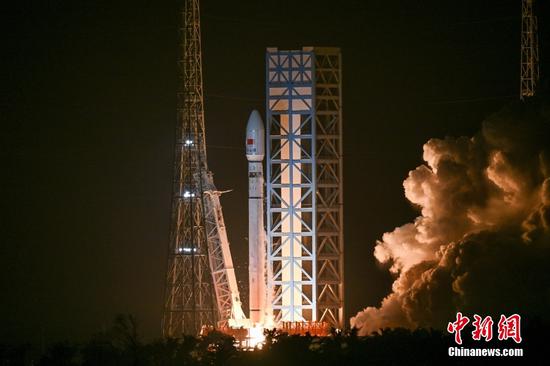








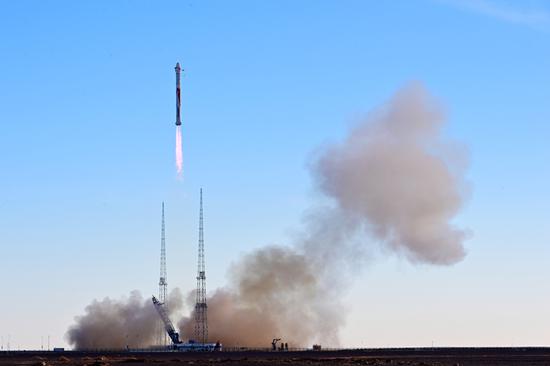
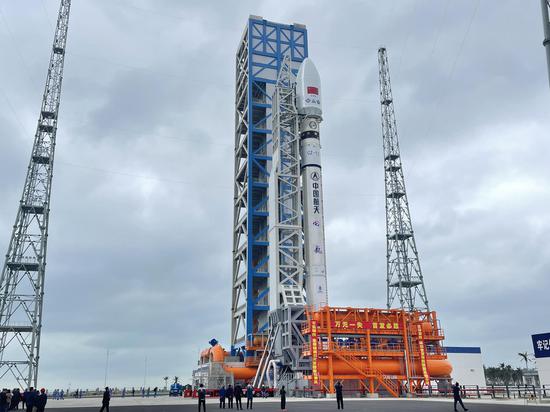
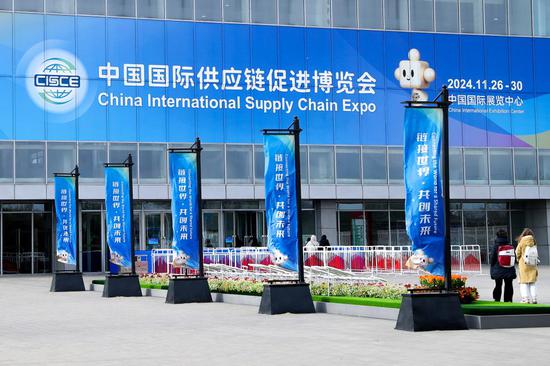





 京公网安备 11010202009201号
京公网安备 11010202009201号